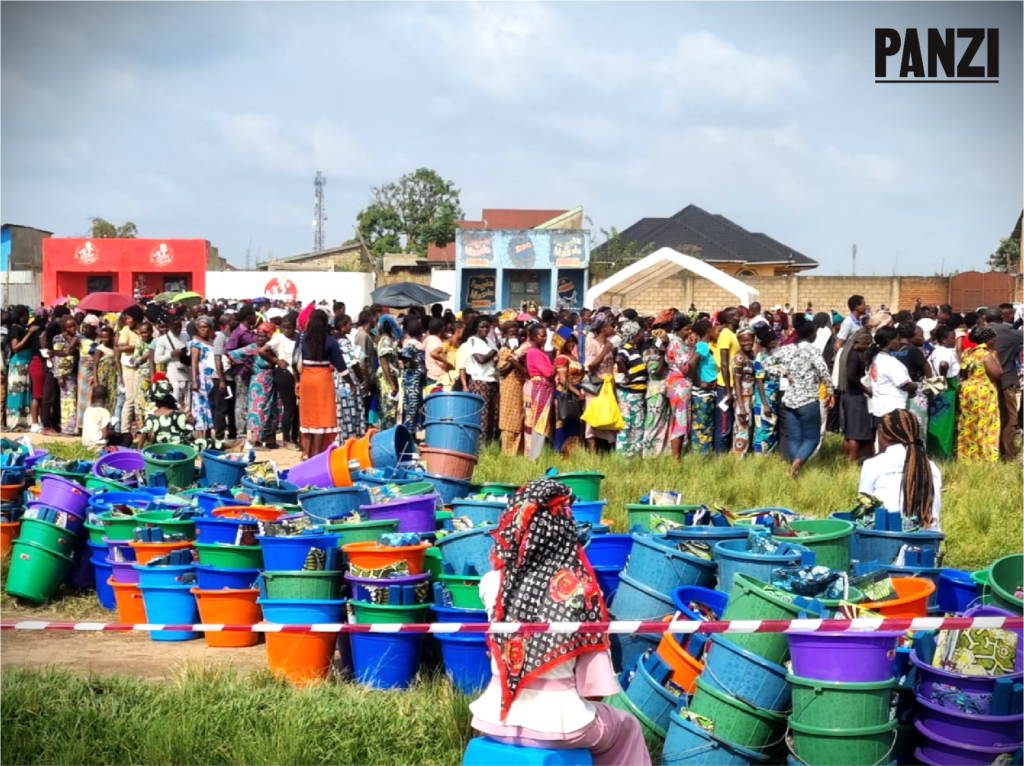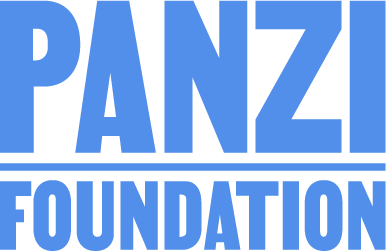
The Panzi support team, which was deployed in Goma on July 20, continues its mission north to assist 1,175 displaced families in the Beni territory.
On Sunday, July 30, Panzi Foundation launched an operation to assist displaced people who have fled the massacres of the Allied Democratic Forces (ADF-Nalu), a terrorist group that has been active for three decades in Beni territory, North Kivu. After assistance was offered to displaced people from Goma who were fleeing the rebellion of the March 23 Movement (M23) in the territories of Rutshuru and Nyiragongo, the intervention in Beni is the second of its kind in the province of North Kivu during the month of July.
Historically known as a thriving commercial crossroads, Beni has become the preferred stronghold of terrorist movements responsible for numerous massacres. After the disengagement of several national rebel groups once active in Beni, the ADF terrorist group is still a source of terror for civilian populations.
The ADF have been increasing their terrorist activities in the area since 2014. According to Mbau sector chief Lumande Paluku Remis, “It was in 2010 that ADF exactions changed, and in 2014 their strategy changed. From October 2. 2014, they began to slit throats. The very first person was in the village of Mukoko, a few kilometers from Oïha in the Beni/Mbau sector. And since then, this situation continues until today.” The ADF massacred thousands of people in various villages, burning homes, hospitals, churches, and schools in the process. The survivors have been forced to take refuge in shelters in the town of Beni, where they are unable to carry out farming activities and face food insecurity.
“The war came to destroy us in our environment, the forest. It came with killings against us Pygmies and against the Bantus. We didn’t have the strength to defend ourselves. We are now living in the village, having been dislodged from our natural habitat. We are now in the village and have nothing to eat. I ask the higher authorities to continue to support us in our needs as displaced people. I’m also asking for peace, because we’ve been living at home in our fields without any problems,” testifies a beneficiary of Panzi’s interventions.
Panzi Foundation’s support provided food and assistance to 1,175 families who found refuge in Beni-Ville and 200 in OÏcha. While Beni-Ville provides some security for the affected population, Oïcha is still the target of constant terrorist attacks.
Panzi’s intervention focused on the health of women and girls and food security for displaced people. 1,375 families received a food kit, consisting of 25kg of maize flour, 25kg of rice, 12.5kg of beans, 7 sachets of salt, and 5 liters of vegetable oil. They also received a hygiene kit which includes a pack of sanitary towels, 1 loincloth, 1 pair of babouches, 4 pairs of women’s underwear, and a box of toothpaste with a toothbrush.
Their overriding need remains the return of peace and access to justice.
This intervention is supported by Caritas Italy, with a contribution from AMADE.
